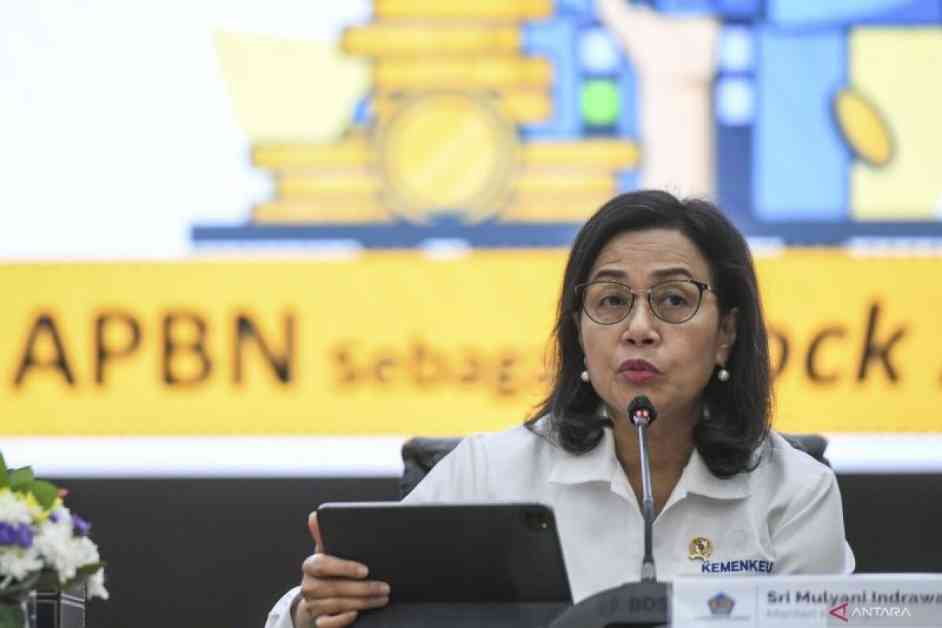Improving Human Resources Through Free Meals Program at Indrawati Company
Jakarta – In a groundbreaking move to enhance Indonesia’s human resources, Finance Minister Sri Mulyani Indrawati announced the launch of the Free Nutritious Meals program. This initiative aims to provide quality nutrition for children across the nation, with far-reaching effects on attendance rates, participation levels, and overall health outcomes.
Impact of Nutritious Meals on Human Development
According to a World Bank study from 2024, the provision of nutritious meals has been linked to increased attendance rates and participation levels among students. Moreover, the United Nations reported in 2021 that offering nutritious meals in developed countries has positively influenced eating habits and reduced the risk of obesity and diabetes in school-age children.
The program’s benefits extend beyond individual health improvements. Minister Indrawati highlighted that the Free Nutritious Meals initiative is expected to bolster economic activities at the regional and village levels, particularly benefiting micro, small, and medium enterprises (MSMEs). By creating job opportunities and fostering economic growth, this program has the potential to uplift communities nationwide.
Rollout and Expansion of the Program
The Indonesian government officially launched the Free Nutritious Meals program on Monday, marking a significant step towards enhancing community nutrition. Initially focusing on students, the program is part of the Asta Cita or eight main programs introduced by the Prabowo-Gibran administration to secure a brighter future for Indonesia’s upcoming generations.
With a budget of approximately Rp71 trillion (nearly USD4.4 billion) allocated for the initiative, the program is currently operational in 190 kitchens across 26 provinces. By mid-2025, the government aims to have five thousand fully operational kitchens supporting up to 20 million beneficiaries. The ultimate goal is to reach 83 million beneficiaries nationwide by 2029, as outlined by Deputy Chief of Presidential Staff, M. Qodari.
Challenges and Future Prospects
Given the scale and scope of the program, a phased approach has been adopted to ensure effective implementation and address potential challenges. Deputy Chief Qodari emphasized the importance of gradual rollout, allowing for system improvements and mechanism adjustments to meet the diverse needs of beneficiaries across Indonesia.
In conclusion, the Free Nutritious Meals program spearheaded by Minister Indrawati holds immense promise for enhancing human resources, promoting economic development, and securing a healthier future for Indonesia. As this transformative initiative progresses, its impact is poised to be felt far and wide, shaping a brighter tomorrow for generations to come.
—
Personal Touch:
Imagine a young boy in a remote village eagerly lining up for his daily nutritious meal, his eyes lighting up with excitement as he receives a warm plate of food that fuels his dreams and aspirations. This simple act of kindness not only nourishes his body but also nourishes his hopes for a better future, thanks to initiatives like the Free Nutritious Meals program. How can we support such initiatives in our own communities to make a lasting difference in the lives of those in need? Let’s come together to create a brighter, healthier tomorrow for all.






















